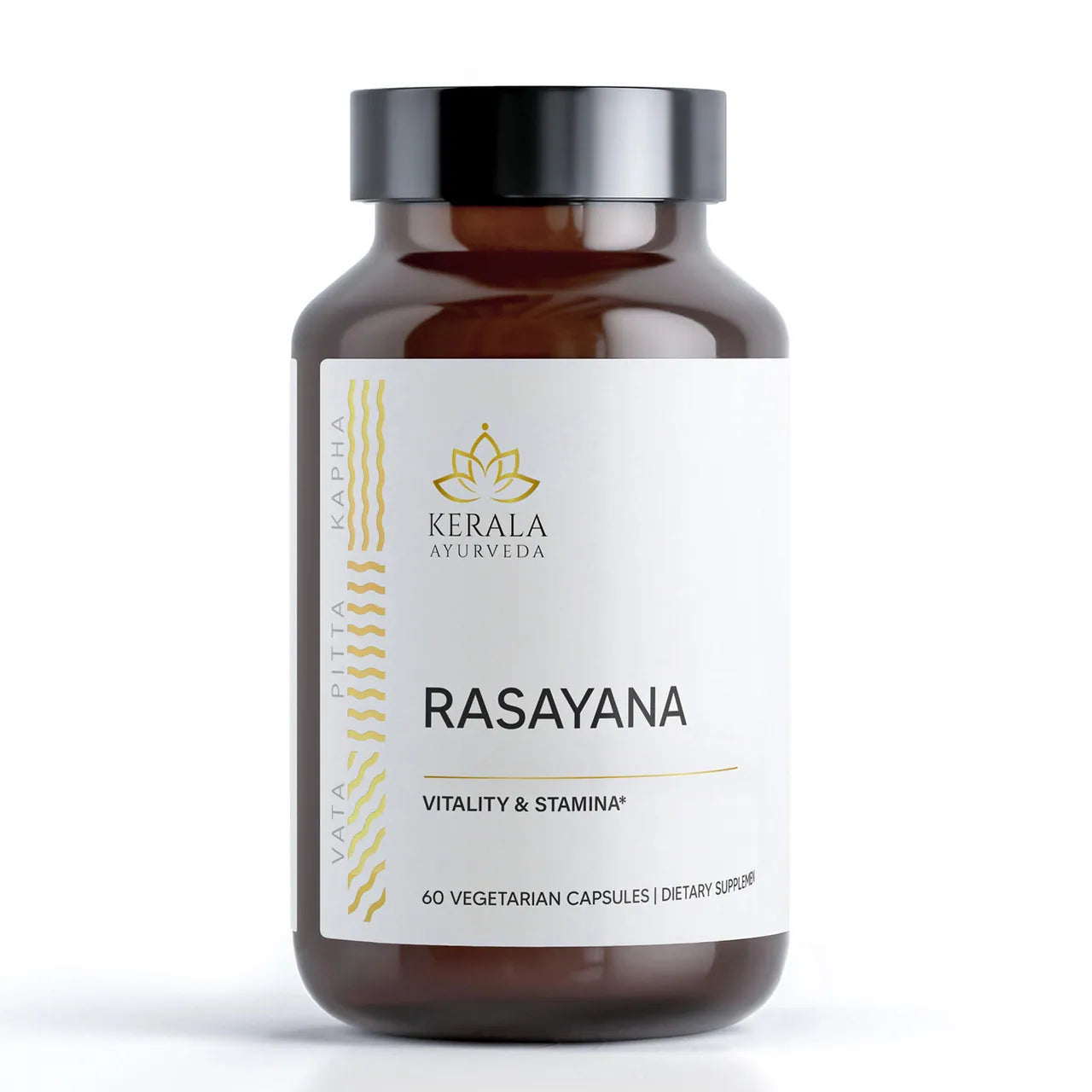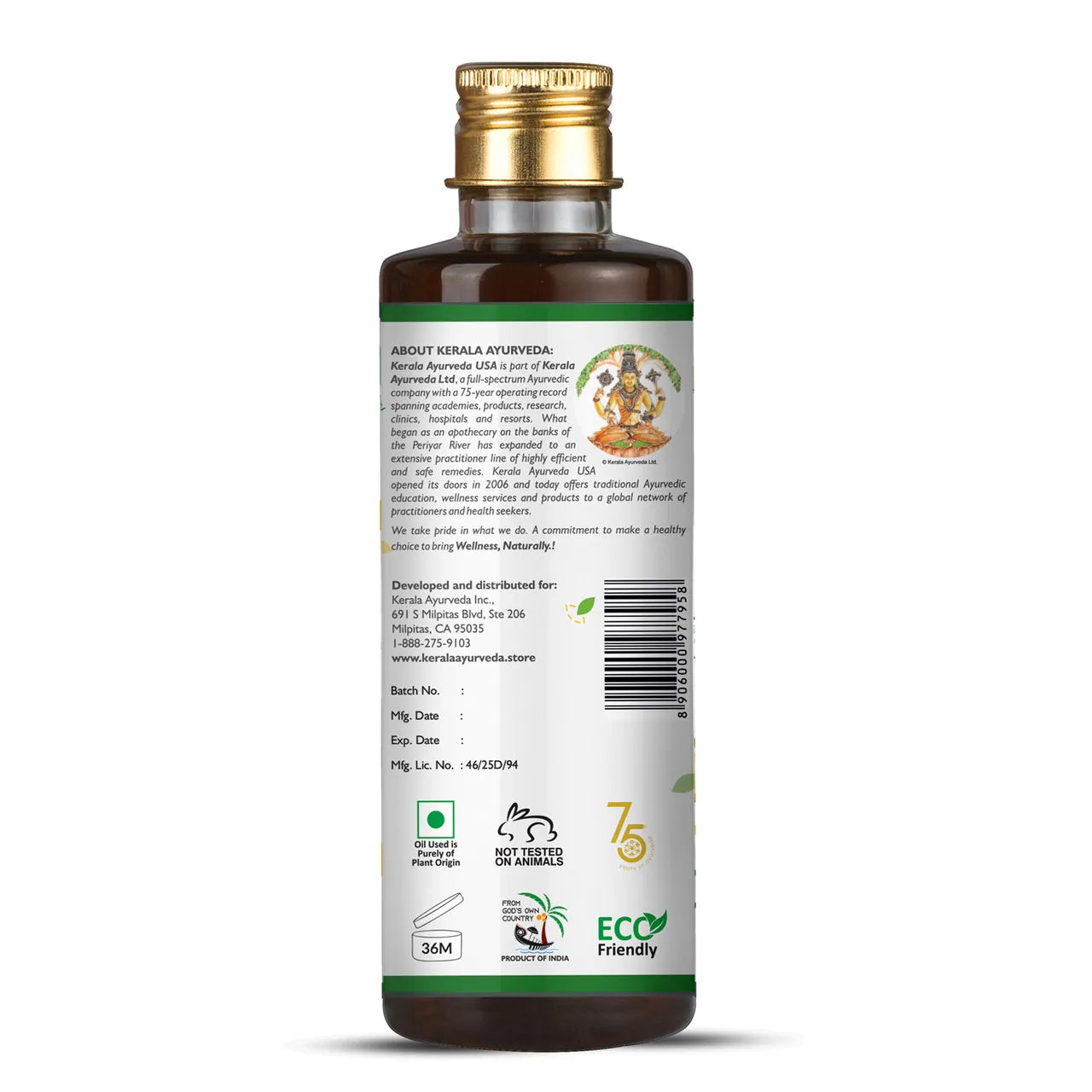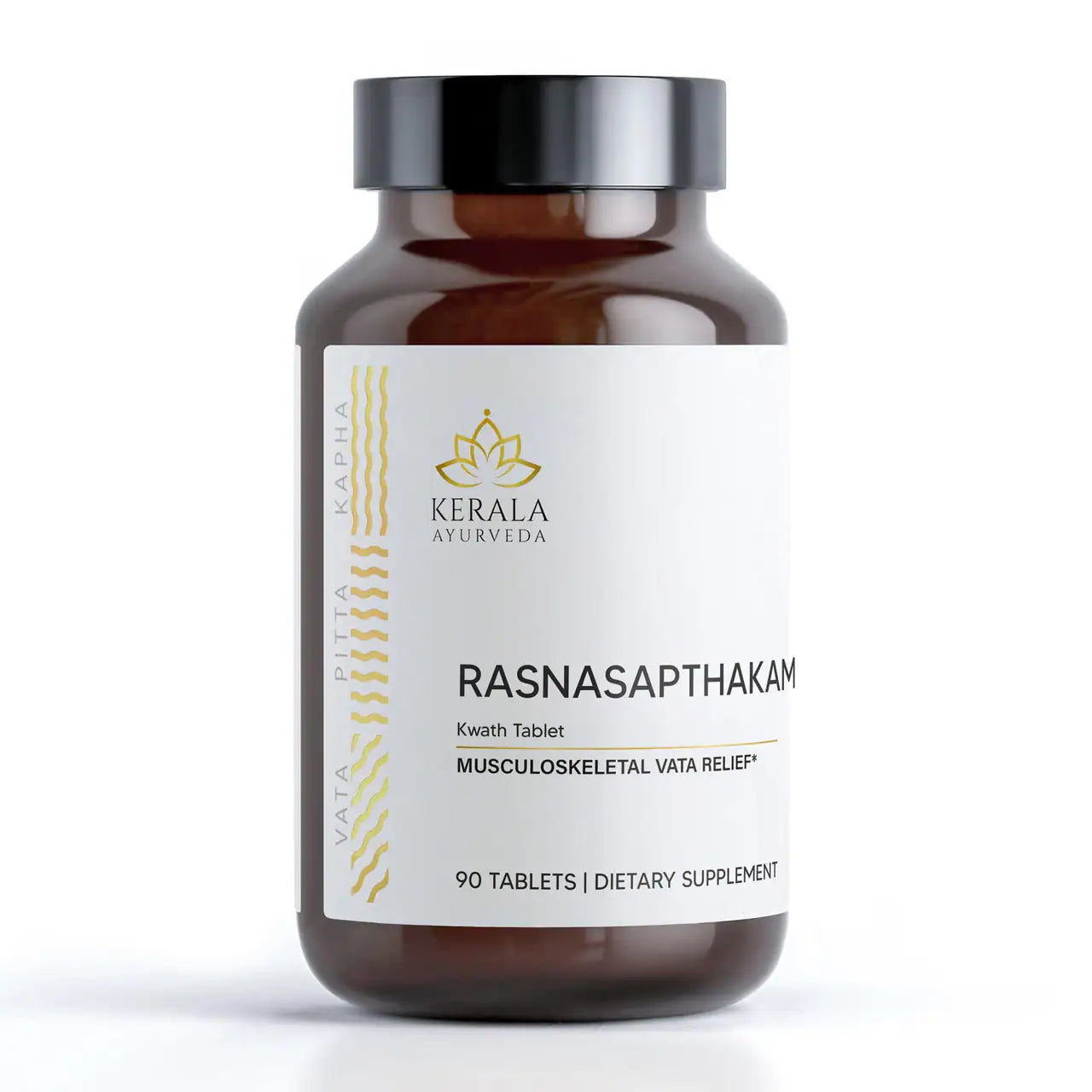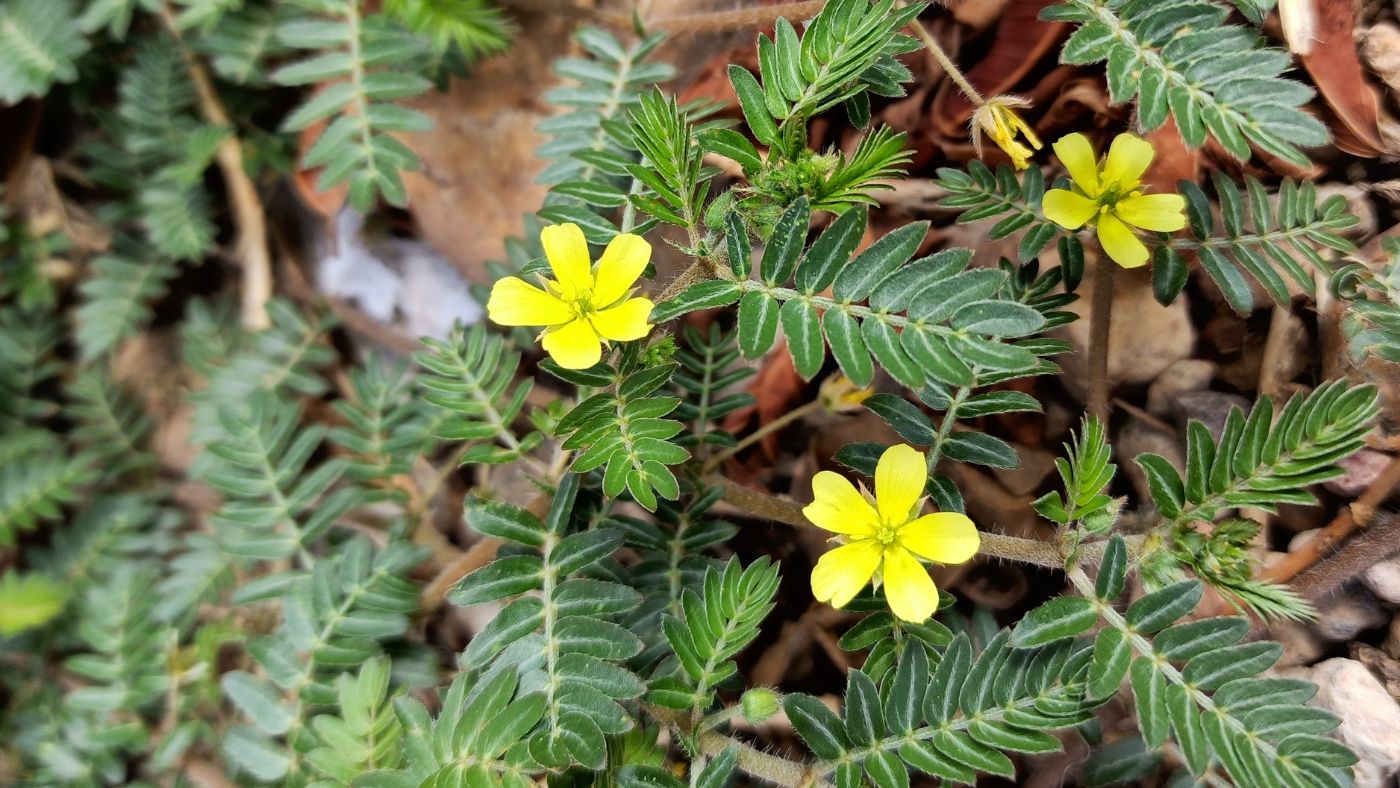Highlights
Understanding Why Kidney Health Matters
Your kidneys are two small, bean-shaped organs located below the rib cage, at the level of the 12th thoracic vertebra they work tirelessly to keep you healthy. Most people do not realize how vital these organs are until problems develop. The most vital functions performed by the kidneys include filtering waste from the blood, balancing fluids throughout the body, they help control blood pressure, and support the immune system. When they are not working properly, it affects your entire body.
Unfortunately, kidney health issues have become increasingly common worldwide. Millions of people are affected by kidney concerns, yet many remain unaware of early changes until symptoms become noticeable. The challenge is that kidney problems often develop silently over years before people feel any symptoms.
Why Kidneys Are Vital to Your Overall Health: An Ayurvedic Understanding

Ayurveda, the traditional wellness system from India, offers a unique perspective on kidney health. In Ayurveda, the kidneys are called Vrikka, a Sanskrit term found in the Ayurvedic classical texts. The word Vrikka not only describes the kidney's physical form but also represents its vital and active function in maintaining overall health.
This understanding reveals why kidneys hold such a special place in Ayurvedic wellness. Here is what makes kidneys unique: According to ancient texts, kidneys are formed from two different types of body tissues; blood tissue (Rakta dhatu) and fat tissue (Meda dhatu). This dual foundation makes kidneys more sensitive to imbalances than other organs, which is why kidney health often affects your entire body.
The Three Doshas and Your Kidney Health
Ayurveda teaches that three fundamental life forces, called Doshas, govern your body and directly influence kidney function:
Vata (Air Energy) Movement and Circulation: Vata controls all movement in your body, including the flow of urine and blood circulation to the kidneys. When Vata becomes imbalanced through too little or too much movement, it creates specific kidney problems:
- Excess Vata causes dryness and degeneration of kidney tissues, leading to reduced filtration capacity and poor circulation to the kidneys
- Deficient Vata creates stagnation, causing urine retention and incomplete bladder emptying
- Disturbed Vata affects Apana Vata, the downward moving energy that governs elimination, leading to difficulty urinating, retention, or irregular urination patterns
Pitta (Fire Energy) Heat and Inflammation: Pitta manages all metabolic processes in your body, including maintaining proper temperature in kidney tissues. When Pitta becomes inflamed, it directly irritates the delicate kidney structures:
- Excess Pitta overtime inflammatory conditions causing excessive heat can damage kidney tissues
- Aggravated Pitta causes burning sensations during urination, blood in urine, and acidic conditions that harm filtration
- Pitta imbalance leads to Ama (toxin) buildup that interferes with proper kidney filtration
Kapha (Water Energy) Structure and Fluid Balance: Kapha governs all fluid regulation and structural integrity in your body. Both excess and deficient Kapha create kidney problems:
- Excess Kapha causes blockages in kidney channels, leading to fluid retention, swelling (especially around eyes and feet), and sluggish kidney function
- Deficient Kapha creates lack of proper lubrication and structural support for kidney tissues and may create a feeling of lower abdominal heaviness
- Imbalanced Kapha obstructs the Mutravaha Srotas (urinary channels), preventing proper urine formation and elimination may cause cloudy urine
Why This Triple Dosha Sensitivity Matters
Because kidneys are formed from both blood tissue (governed by Pitta) and fat tissue (governed by Kapha), while depending on Vata for proper function, they are uniquely vulnerable to all three Dosha imbalances. This is why kidney problems often affect multiple body systems and why Ayurvedic kidney care focuses on balancing all three Doshas rather than targeting just one aspect.
When these three energies work in harmony, your kidneys naturally maintain their vital functions and support your overall health. When they become imbalanced, overtime kidney problems develop and can also affect other organs and systems throughout your body.
The Ayurvedic Approach to Kidney Wellness

Healthy kidneys in Ayurveda mean more than just good filtration. They represent:
- Clear pathways - The channels that carry urine must be free from blockages
- Strong immunity - Kidneys store vital energy that supports your body's natural defenses
- Pure blood - Kidneys act as master purifiers, keeping your blood clean and healthy
- Balanced fluids - Proper regulation of water and minerals throughout your body
This holistic view explains why Ayurvedic kidney care focuses on lifestyle, diet, and natural approaches that support your whole body, not just the kidneys alone.
Early Warning Signs Need Attention
One of Ayurveda's greatest strengths is recognizing early changes before they become serious problems. Ancient texts describe three stages of kidney concerns:
Stage 1: Easily Manageable - Early changes that respond well to natural approaches
Stage 2: Requiring Effort - More noticeable changes that need committed lifestyle changes
Stage 3: Supportive Care - Advanced stage focus is on comfort and quality of life
The key is catching problems in Stage 1 when natural methods work best.
Early Warning Signs to Watch For
Changes in Urination:
- Foamy urine - May indicate protein loss, showing kidney filtering is not optimal
- Cloudy or turbid urine - Suggests filtering capacity may be compromised
- Consistently yellow urine - Often indicates excess heat in the system
- Blood-tinged urine - Shows inflammatory processes may be occurring
- Dark colored urine - Suggests concentrated waste products
- Frequent urination, especially at night - May indicate toxins in the blood
Urination Patterns:
- Frequent but small amounts - The urinary system may be struggling
- Painful or burning urination - Often shows irritation or inflammation
- Difficulty starting urination - May indicate blockages developing
- Incomplete emptying or dribbling - Shows the system is not working smoothly
Body-Wide Signs:
- Unexplained swelling - Especially around eyes, hands, or feet
- Persistent fatigue - From toxins building up in the body
- Loss of appetite - When elimination is impaired, digestion suffers
- Skin itching - From waste products not being properly removed
-
Heaviness in lower abdomen - May indicate kidney area congestion
Ayurvedic Nutrition and Lifestyle for Kidney Health

Understanding how to support your kidneys through daily choices forms the foundation of Ayurvedic kidney care. This approach works both for maintaining healthy kidneys and supporting recovery when early warning signs appear.
The Six Tastes and Kidney Health
Before discussing specific foods, it is important to understand Ayurveda's approach to taste, called Rasa. Each taste has specific effects on the Doshas and kidney health:
Beneficial Tastes for Kidney Health:
- Madhura (Sweet) - Nourishes kidney tissues and supports regeneration. Found in grains, milk, dates, and naturally sweet foods. Helps rebuild damaged kidney cells and provides essential nutrients.
- Tikta (Bitter) - Provides cleansing and anti-inflammatory effects. Found in leafy greens, turmeric, and bitter herbs. Helps reduce kidney inflammation and supports natural detoxification.
- Kashaya (Astringent) - Offers protective and strengthening properties for kidney tissues. Found in beans, lentils, and pomegranates. Helps tone kidney function and prevent excessive fluid loss.
Tastes to Use Cautiously:
- Katu (Pungent) - Creates heat and can irritate kidney tissues when used excessively. Found in hot peppers, garlic, and heating spices. Should be minimized, especially during kidney concerns.
- Amla (Sour) - Can increase acidity and inflammation when overused. Found in citrus, vinegar, and fermented foods. Use moderately to avoid kidney irritation.
- Lavana (Salty) - Creates fluid retention and can strain kidney function. Found in salt, seaweed, and processed foods. Should be limited to maintain proper fluid balance.
This understanding explains why certain foods are recommended for kidney health while others should be avoided or used sparingly.
Healthy Food Guidelines

Kidney-Supporting Foods
Grains and Carbohydrates:
- Basmati rice - Easy to digest, cooling, and naturally sweet
- Quinoa and barley - Light grains that do not burden the kidneys
- Oats - Soothing and nourishing for kidney tissues
Proteins:
- Mung beans or red lentils - Easiest legumes to digest, cooling and cleansing
- Fresh water fish - Light protein that does not create excess heat
- Organic dairy - Fresh milk, paneer, and ghee in moderation for nourishment
Vegetables:
- Cucumber and zucchini - High water content, cooling, and diuretic
- Leafy greens - Bitter taste supports kidney cleansing
- Sweet potatoes, winter squash - Naturally sweet, nourishing for kidney tissues
- Asparagus - Natural diuretic that supports kidney function
Fruits:
- Dates - Nourishing cooling effect
- Grapes - Sweet, cooling, and naturally cleansing
- Apples and pears - Astringent taste, easy to digest
- Coconut water - Natural electrolyte balance
Beneficial Spices:
- Coriander seeds - Make cooling tea, supports kidney function
- Fennel - Cooling, helps with fluid balance
- Fresh ginger - Small amounts aid digestion without overheating
- Turmeric - Anti-inflammatory, supports kidney health
Foods to Minimize or Avoid:
- Excessive salt - Creates fluid retention and kidney strain
- Fried and processed foods - Difficult to digest, creates toxins
- Hot spices - Can irritate and inflame kidney tissues
- Excessive animal protein - Burdens kidney filtration
- Alcohol and caffeine - Dehydrating and taxing to kidneys
- Refined sugars - Creates inflammation and metabolic stress
Daily Routine for Kidney Health

Morning Practices:
- Wake up early and urinate first thing, never suppress natural urges
- Drink a glass of warm water to support kidney function and gentle cleansing
- Engage in gentle movement like walking or stretching to promote circulation
Throughout the Day:
- Eat regular meals at consistent times to support digestive fire
- Choose fresh, whole foods over processed options
- Stay properly hydrated with water at room temperature. Learn more about Sacred Hydration: An Ayurvedic Guide to Water Quality, Timing, and Therapeutic Use
- Take breaks to urinate regularly - never hold it when nature calls
- Eat your largest meal at midday when digestive fire is strongest
Evening Routine:
- Eat your lightest meal at least 3 hours before bed
- Limit fluids after 7 PM to reduce nighttime urination
- Practice relaxation techniques like deep breathing or gentle meditation
- Maintain consistent sleep schedule to support kidney regeneration
Weekly and Seasonal Practices:
- Choose seasonal, locally grown foods when possible
- Take time for gentle detoxification through warm baths or steam
- Engage in stress-reducing activities like yoga or nature walks
- Adjust your routine according to seasonal changes
Lifestyle Factors That Support Kidney Health
Stress Management: Chronic stress directly affects kidney function by disturbing Vata energy and creating toxin buildup. Regular meditation, pranayama (breathing exercises), and maintaining emotional balance are essential for kidney health.
Sleep Quality: Adequate nighttime sleep supports kidney regeneration and toxin elimination. Classical texts recommend avoiding daytime sleep, which can increase Kapha and impair natural cleansing processes.
Exercise Balance: Moderate physical activity supports circulation and kidney function, but avoids excessive exercise which can strain the kidneys and create dehydration. Gentle yoga, walking, and swimming are ideal.
Environmental Factors: Maintain moderate environmental temperatures and avoid extreme heat or cold, which can disrupt kidney function. Keep your living space clean and free from toxins that burden kidney filtration.
Two Powerful Herbs for Kidney Support
Ayurveda has used specific herbs for thousands of years to support kidney health. Here are two time-tested options that modern research has validated.
Punarnavasavam: The Kidney Rejuvenator

What It Is: Punarnava literally means "becoming new again" in Sanskrit, reflecting its powerful rejuvenative properties for kidney tissues. This herb has been called "the destroyer of swelling" in ancient texts.
How It Supports Kidneys: Punarnava supports kidney filtration capacity while helping to protect kidney cells from damage. Clinical studies show significant improvements in kidney function markers and reduction in protein loss through urine. The herb works as a natural diuretic, helping the body eliminate excess fluids safely.
Additional Benefits: Beyond kidney support, Punarnava naturally supports healthy blood pressure levels, which directly benefits kidney health. It helps maintain proper fluid balance and supports the body's natural inflammatory response. The herb strengthens the entire urinary system and supports healthy elimination.
Traditional Preparation: For those interested in traditional Ayurvedic preparations, Kerala Ayurveda’s Punarnavasavam is a classical fermented formulation that contains Punarnava along with other supportive herbs, prepared according to ancient methods for optimal absorption and effectiveness.
Gokshuradi Guggulu: The Urinary System Tonic

What It Is: Gokshura has been treasured in Ayurveda as both a diuretic and strengthening herb, making it ideal for long-term kidney health maintenance. Ancient texts describe it as fundamentally cooling and nourishing.
How It Supports Kidneys: Gokshura supports healthy kidney function by supporting proper urine formation and elimination. Research demonstrates its ability to support healthy mineral balance in the urinary system and maintain proper kidney filtration. The herb helps support healthy inflammatory responses in kidney tissues.
Additional Benefits: Gokshura naturally supports healthy blood pressure levels through its cooling properties and circulatory support. It strengthens reproductive system function, which shares energetic connections with kidney health in Ayurveda. The herb also supports healthy muscle strength and overall vitality.
Traditional Preparation: Kerala Ayurveda’s Gokshuradi Guggulu is a classical Ayurvedic formulation that combines Gokshura with other synergistic herbs and Guggulu resin, prepared according to traditional methods for enhanced effectiveness in supporting urinary system health.
Using Herbs Safely
Both herbs work best as part of a comprehensive approach that includes proper diet and lifestyle. They complement each other well, Punarnava focuses on regeneration and fluid balance while Gokshura provides cooling and strengthening support.
Always consult with qualified Ayurvedic practitioners or healthcare providers before beginning any herbal program, especially if you have existing health concerns or are taking other supplements.
The Value of Natural Prevention

Understanding the progression of kidney disorders helps explain why natural prevention is so valuable. By the time conventional markers show problems, significant changes have often already occurred. Ayurvedic approaches shine in the early stages when natural methods are most effective.
The financial benefits of prevention cannot be ignored either. Advanced kidney disorders can cost tens of thousands of dollars annually, while natural early prevention approaches are accessible and sustainable for most people.
More importantly, natural approaches support your overall health, not just kidney function. When you follow Ayurvedic kidney care principles, you often notice improvements in energy, sleep, digestion, and general well-being.
Taking the Next Step
Kidney health is too important to leave to chance. The good news is that Ayurveda provides time-tested, gentle approaches that anyone can begin implementing today.
Start with the basics: honor your body's natural urges, choose nourishing foods, stay properly hydrated, and manage stress. Pay attention to the early warning signs your body gives you, and consider the supportive herbs that have helped people for thousands of years.
When to Seek Professional Guidance
If you are experiencing any of the early symptoms or signs mentioned in this article; such as changes in urination, unexplained fatigue, persistent swelling, or other concerning symptoms, it may be time to seek professional Ayurvedic guidance. A qualified Ayurvedic practitioner can help you understand your unique constitution and develop a personalized approach to supporting not only your kidney health but your overall health as well.
The Kerala Ayurveda Wellness Center offers comprehensive consultations with experienced Ayurvedic Vaidya’s (Practitioners) who understand kidney health and overall wellness. They provide both in-person and convenient online consultations, making expert guidance accessible wherever you are located.
During an Ayurvedic consultation, practitioners will:
- Assess your birth constitution versus your current state of imbalance
- Review your symptoms and health history from an Ayurvedic perspective
- Develop personalized Ayurvedic dietary and lifestyle recommendations
- Suggest appropriate herbal support based on your specific needs
- Create a comprehensive plan for supporting your kidney health naturally
To learn more about Ayurvedic consultations and schedule an appointment, visit the Kerala Ayurveda Wellness Center.
Moving Forward with Confidence
Remember, small consistent changes often produce the most lasting results. Whether you start with simple lifestyle adjustments or seek professional guidance, taking action to support your kidney health is one of the best investments you can make in your long-term wellness and vitality. Your kidneys work tirelessly for you every day and giving them the support they need through Ayurvedic wisdom can help ensure they continue serving you well throughout your life.

Classical Ayurvedic References
- Charaka Samhita, Vimana Sthana, Chapter 5 (Srotovimana), Verses 7-8 - Mutravaha Srotas description and pathology
- Charaka Samhita, Sutra Sthana, Chapter 4 (Shadvirechana Shatashritiya), Verse 12 - Gokshura properties and applications
- Charaka Samhita, Chikitsa Sthana, Chapter 1 (Rasayana Adhyaya) - Rasayana therapy principles for kidney support
- Charaka Samhita, Sutra Sthana, Chapter 17, Verses 71-75 - Decreased urine symptoms and early manifestations
- Sushruta Samhita, Nidana Sthana, Chapter 3 (Mutraghata Nidana), Verses 23-24 - Urinary obstruction and kidney anatomy
- Sushruta Samhita, Chikitsa Sthana, Chapter 11 (Mutraghata Chikitsa) - Kidney related therapeutic applications
- Sushruta Samhita, Uttara Tantra, Chapter 58 (Mutrotsanga Pratishedha) - Mutrotsanga and urinary retention patterns
- Sushruta Samhita, Sutra Sthana, Chapter 15, Verses 9-15 - Normal urine functions and abnormal manifestations
- Ashtanga Hridaya, Sutra Sthana, Chapter 12 (Doshabhediya) - Urinary system channels and early symptom recognition
- Ashtanga Hridaya, Sutra Sthana, Chapter 19, Verse 6 - Decreased urine symptoms and Vata involvement
- Bhavaprakasha Nighantu, Guduchyadi Varga - Punarnava detailed properties and therapeutic applications
- Bhavaprakasha Nighantu, Haritakyadi Varga - Gokshura classical properties and Mutravaha Srotas applications
- Madhava Nidana, Chapter 30 (Mutrakricchra Nidana) - Urinary disorders classification and early stage identification
- Sharangadhara Samhita, Madhyama Khanda, Chapter 2 - Rasa therapy principles for kidney health maintenance
Contemporary Research Reference
- Solanki Akshaykumar Vinodbhai, Ramakant Katara, H.M.L. Meena. "Ayurvedic Perspectives on Chronic Kidney Disease: A Review of Classical Wisdom and Contemporary Applications." AYUSHDHARA, Vol 11, Issue 6, November-December 2024, pp. 324-330. - Global CKD prevalence data, Ayurvedic curability classifications, and clinical validation of traditional approaches.
This content is for educational purposes and should not replace professional consultation. Always work with qualified Ayurvedic practitioners for personalized guidance.












































